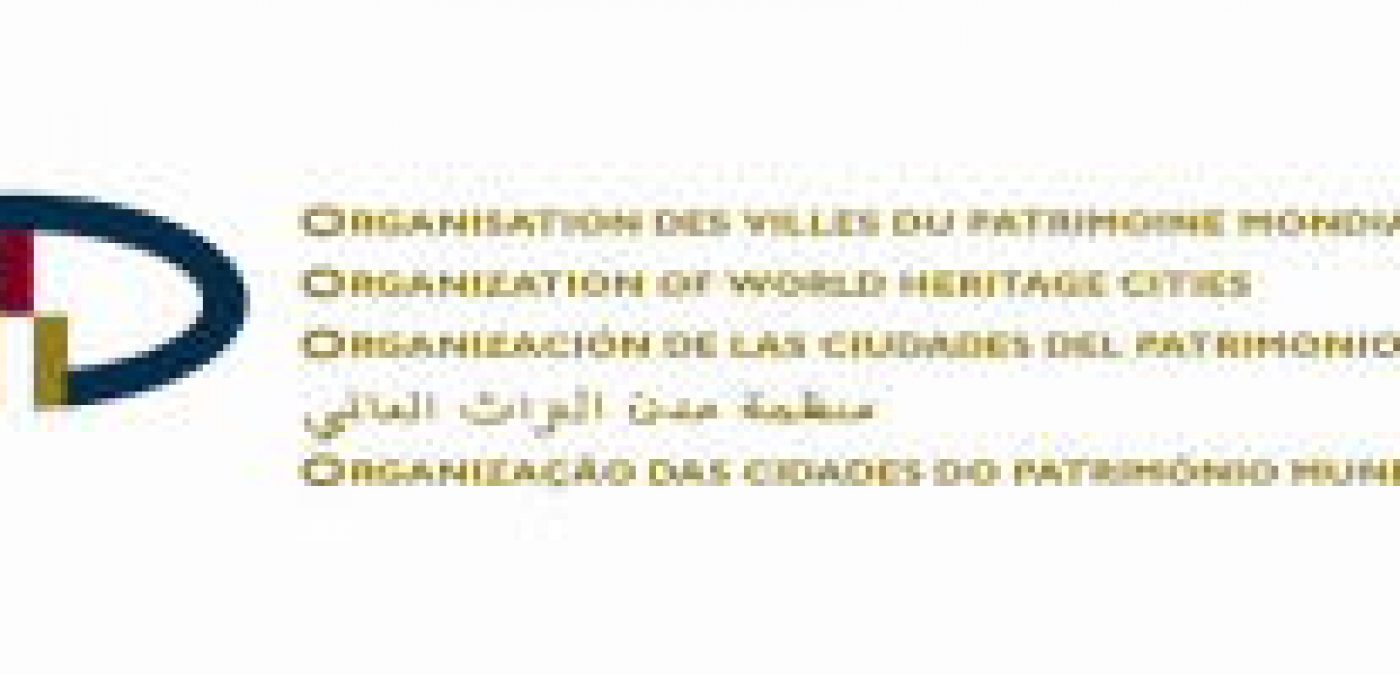7 December 2010
A doctoral thesis about the OWHC

Academically entitled “Transnational Space, Resource or Constraint for the International Action of the Cities at the end of the XXth Century? Comparative Analysis of the Fabric and the Management of World Heritage in Lyon and in Québec”, the doctoral thesis in political science, developed by Sarah RUSSEIL on December 2006, goes back in particular on the genesis and the first years of the Organization of World Heritage Cities (OWHC).
Based on the fact that world heritage may be compared, as did the Lyonnais and Québec actors, to an international label and by taking interest in its effects and uses on urban policies, the thesis deals with the linkage between cities and international institutions and gives a very special place to the OWHC. The thesis analyzes how urban policies can be nurtured, consolidated, or yet constrained by transnational logics and dynamics. Although the production of historic heritage primarily responds to identity issues and is intimately tied to the consolidation of the nation-states, the fabric of world heritage results primarily from interdependence, debates and negotiations among multiple stakeholders.
Above and beyond the methodological reflections, in particular in terms of comparison of urban actions, the thesis constitutes a step forward in the analysis of the transnational space (meaning here all the entities participating in the governance of world heritage property) and a mode of political regulation and city government. The inscription on the World Heritage List, and more broadly speaking, the transnational, constitutes a resource for urban municipalities in their competitiveness and their modes of government, as it strengthens their visibility and their political legitimacy beyond national or state borders, and favors their participation in the implementation of the World Heritage Convention. At the same time, the exemplary positioning that they tend to adopt generates changes, evolutions, therefore a renewal of the practices and policies dealing with heritage revealing a learning of world heritage, and in a way of the international. On this second issue, the Organization of World Heritage Cities plays a very special role, which is analyzed in depth in the third part of this thesis.
Thus, the OWHC, a network of cities created at the beginning of the 1990s by a few cities, occupies, according to Sarah RUSSEIL, a special place in the governance of world heritage property. By analyzing the genesis of this network of cities, then its institutionalization, its purpose aims at identifying the effects of the OWHC on the governance of the sites as well as the roles and places that this network was able and was capable of constructing for urban elites in the management of world heritage.
Designed by “scholars”as a tool for the dissemination of international standards and, therefore, as a lever for the development of heritage protection urban policies, the OWHC aimed at dealing with certain shortcomings of this governance. By becoming, in particular through the implication of urban elites, a space for the representation of cities and the legitimacy of the uses of the label of World Heritage City, the OWHC has, on the one hand, erected the management of heritage as an imperative of urban policies and, on the other hand, favored a renewal of the approaches of the heritage object on both the international and the local levels.
Without radically impacting on the governance of the world heritage sites, the OWHC has changed some characteristics by moving part of the focus of the definition of property to the management of the sites.
By replacing the action of the cities and their rising tide in a broader context than that defined by the centre-periphery relations, the thesis shows that if the relations between urban governments and international institutions become independent, they cannot isolate themselves from the States and their practices.
To view online the thesis of Ms. Russeil (in French), please follow the link below.
http://theses.univ-lyon2.fr/documents/lyon2/2006/russeil_s#p=0&a=top


